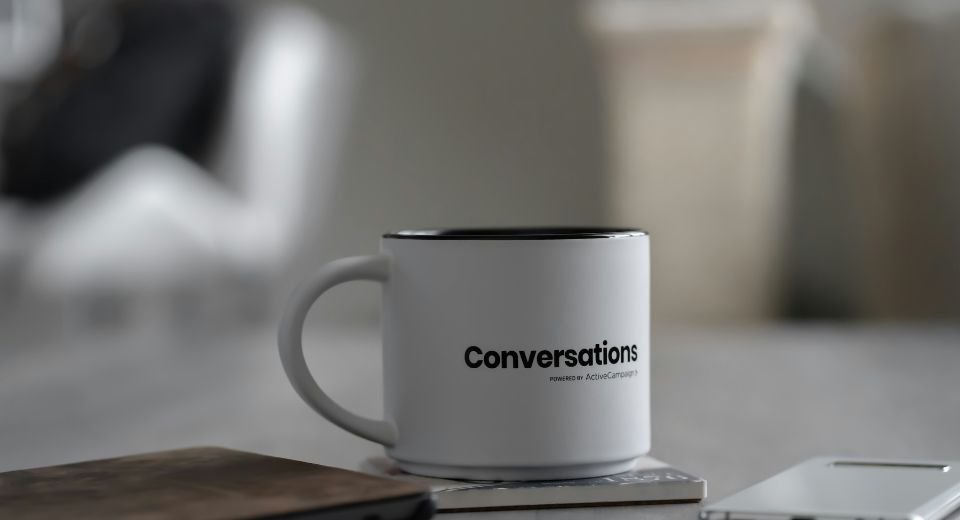By Aparna S
October 16, 2024: Is it okay to use mental health words casually in everyday conversations? If you believe that this loose talk around mental health terminology stems from increased awareness and should be encouraged, I respectfully disagree.
Take these examples: phrases like “I am a movie maniac,” “She is so depressed after poor scores on her exams,” or “He is so ADHD (attention-deficit/hyperactivity disorder)” often misrepresent the intended meanings—such as being an avid movie lover, feeling sad about poor exam results, or simply being a bit clumsy and forgetful.
Each psychiatric diagnosis is based on specific criteria outlined in diagnostic manuals like the International Classification of Diseases and the Diagnostic and Statistical Manual of Mental Disorders.
Mental health professionals arrive at diagnoses by assessing whether individuals exhibit certain symptoms over a defined period. This process helps them understand and manage the individual’s issues more effectively.
For instance, a friend who feels upset after a breakup may be sad and not necessarily clinically depressed.
No correlation
Casual use of mental health language often describes behaviours that do not correlate with actual conditions, under the impression that it is “trendy.”
This can be counterproductive; those genuinely suffering from mental health issues may be overlooked and fail to receive the clinical attention they need. Using terms like “mad,” “crazy,” “Obsessive-compulsive disorder (OCD,” or “psycho” to describe someone’s general characteristics—when they do not exhibit real mental health symptoms—does not indicate awareness of mental illness but rather a lack of it.
Such labelling perpetuates stigma, suggesting that individuals with psychological challenges are not “good enough” or socially acceptable.
When we engage in careless talk about mental health, we oversimplify complex conditions and distract from their seriousness. For example, people who are organized and enjoy cleanliness might be labelled as “OCD” in a positive light.
Half-truths, unscientific facts
Conversely, those who are slightly clumsy or forgetful may be called “ADHD.” However, the reality is far more serious: individuals with OCD endure debilitating intrusive thoughts that can lead to secondary depression and suicidal ideation, while those with unmanaged ADHD face significant challenges throughout their lives, particularly in academic and professional settings.
Another concern is that misinformed individuals may overdiagnose themselves with conditions they do not have. They often reach conclusions based on half-truths or unscientific facts fueled by this casual use of mental health terminology.
For instance, discomfort at a social event may not indicate social anxiety but rather a reluctance to meet new people—a normal feeling that can improve with familiarity. Mislabeling such experiences can lead to unhealthy avoidance behaviours and hinder personal growth.
Incorrect usage of clinical terms can obscure genuine symptoms. If your understanding of depression is limited to merely causing sadness, you might overlook less common early warning signs, delaying necessary help and exacerbating suffering.
Often, people use these terms with good intentions, simply expressing their feelings. However, casually applying diagnostic labels can negatively impact those genuinely struggling with mental health issues.
Lack visible signs
One reason for the misuse of mental health language could be that, unlike physical ailments, mental illnesses often lack visible signs. Common medical tests like blood work or imaging do not provide objective proof of mental conditions; you will only know if someone has OCD if they disclose it. Yet, mental illness has a biological basis akin to physical diseases.
Using offhand language trivializes the suffering of those battling severe mental health conditions.
Phrases like ‘Menty B’ — an online slang term that’s short for mental breakdown — during trivial disagreements undermine the actual distress experienced by individuals with these conditions. This can lead to feelings of embarrassment for those affected, making it even harder for them to seek help or share their struggles.
In summary, mental illness can be as serious as physical illness and warrants clinical attention with utmost importance.
Loose talk about mental health terminology trivializes genuine struggles. We should replace casual language with thoughtful expressions that foster empathy and encourage individuals to seek help when needed.
(Dr Aparna S is a consultant psychiatrist and an Assistant Professor at the Believers Church Medical College Hospital, Tiruvalla, Kerala. Views expressed are her own and not of an organisation or company.)








